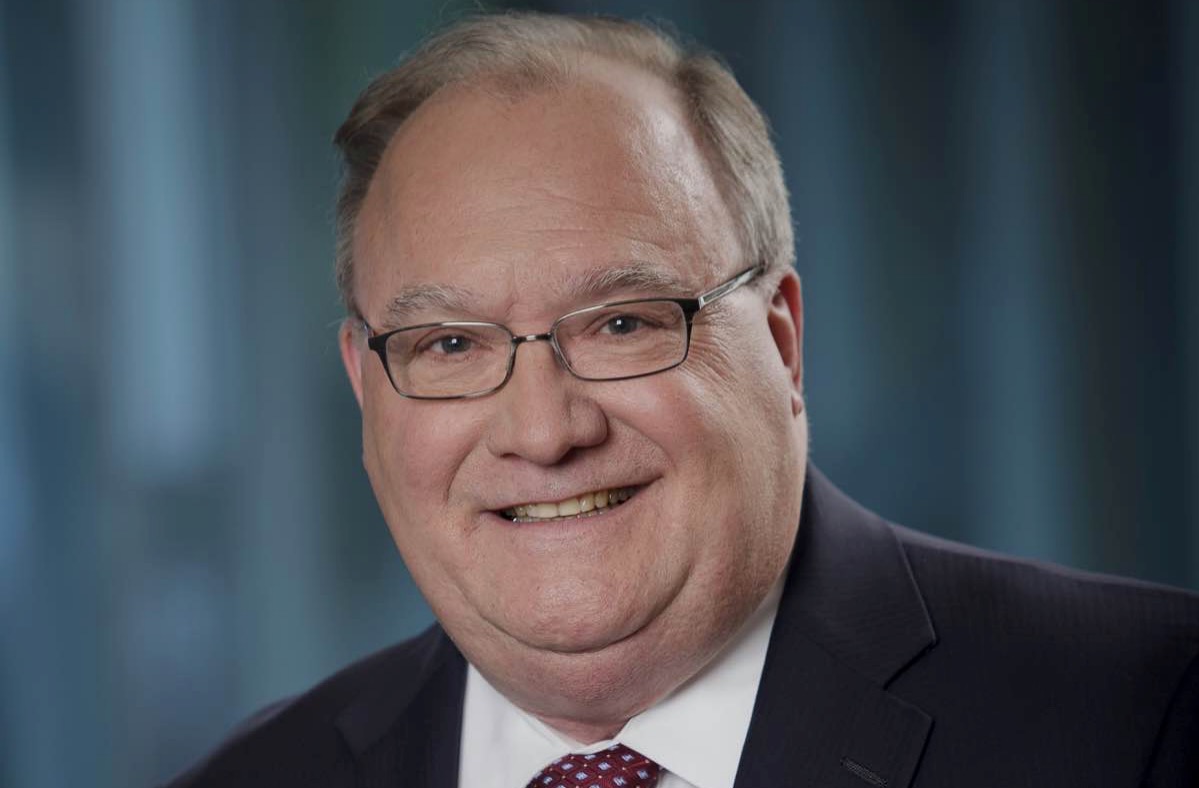There are few people in Kansas City more connected into the area’s investor, corporate and startup community than FarmLink CEO Ron LeMay.
Also now managing director of Kansas City-based OpenAir Equity Partners, LeMay frequently sees the successes and failures of the metro area’s capital landscape. The former Sprint COO recently spoke with dozens of Kansas City entrepreneurs about his thoughts on capital in the area, and how we can improve access to early-stage funding.
On the funding landscape in Kansas City …
I think it’s an area that really needs a lot of improvement. (OpenAir Equity Partners) has invested in 15 local companies in the time we’ve been in business. We can’t do everything. … I have my own perspective. I think that we’re really in a conservative culture here. We’ve tested the waters from time to time to raise a fund. We’re a partner-funded fund and we actually co-invest with Adams Street, Kleiner Perkins, Andreessen Horowitz, and Silver Lake.
On changing Kansas City’s culture …
You really have to overcome a negative presumption I think to get there. Part of that is that we haven’t had a lot of big wins here that have happened in other places. We’ve had great stories here. Cerner’s a great story. Kauffman’s a great story. Hallmark is a great story. But some of those are older. And we haven’t had the big successes that they’ve had in other places. I think people here are equally smart as people are anywhere based on what I’ve seen. That’s an area I’m trying to understand. If I could change the culture, I’d change the culture. But you’ve got to do that through actions — you can’t snap your fingers. It’s like changing the culture of a company, you have to walk the walk and have successes.
On recognizing and learning from failure …
You’ve got to celebrate losing from time to time. Here there’s a tendency to stigmatize failure, whereas in places that are innovative and entrepreneurial — the Valley, Boulder, Austin, Chicago, Boston — people see failure as a normal part of succeeding. It’s what happens before you succeed. People here tend to attribute more significance and lasting significance to it. I’ve said this to the city council and I’m not sure how we completely get our hands around it. It’s a scenario though that I’d like to attack and I think there are ways to improve that.
On where Kansas City stacks up …
My belief is that until you define success crisply, you really don’t know where you’re trying to go, so it will be hard to go there. Everyone who measures (Kansas City) compared to other cities says we’re behind in entrepreneurship and capital availability et cetera, et cetera. We’ve got a lot of great programs here, but when you add it all up and look at it we’re significantly behind. If those numbers are accurate, we’ve got to do something differently than what we’re doing right now. I think part of that is getting really clear about what success looks like — quantitatively successful. I’ve been here for 32 years, and I’ve been on the city council, chamber of commerce, Kansas City Area Development Council. I’ve been on everything here and I’ve seen lots of progress that’s generated great press releases and a lot of pizzazz but they weren’t substantial enough, and one of the reasons is that there wasn’t commitment to achieving goals to what success looks like, and we’re not there until we get that done. … I don’t think it’s going to be easy but there are tremendous benefits if we can do that, one of which manifests itself in capital availability to early stage companies. If you have ideas, I’m trying to learn.
On the differences between Silicon Valley and Kansas City …
We’ve all got to do more. We’ve gone out around the community here and tested the water. We’ve had very nice meetings but I didn’t get a great sense of excitement about that, and I don’t exactly know why that is. … We’re not out in the (Silicon) Valley with those kinds of guys. People out there get the benefit of the doubt. Here we get the doubt of the benefit.






































